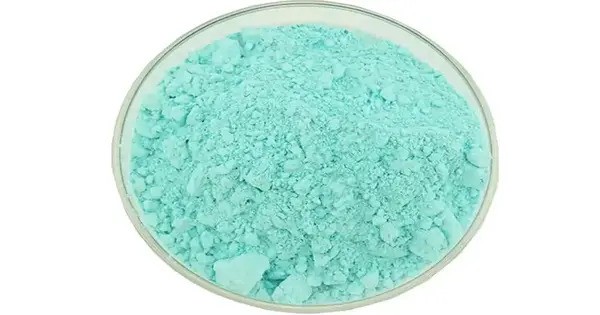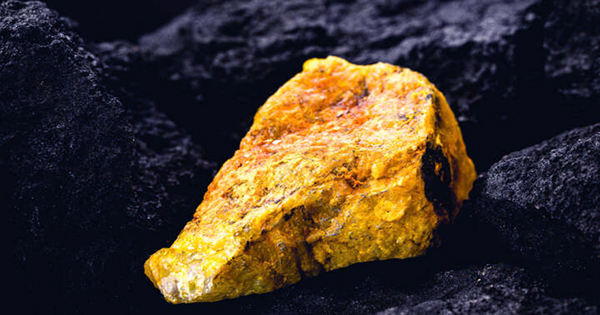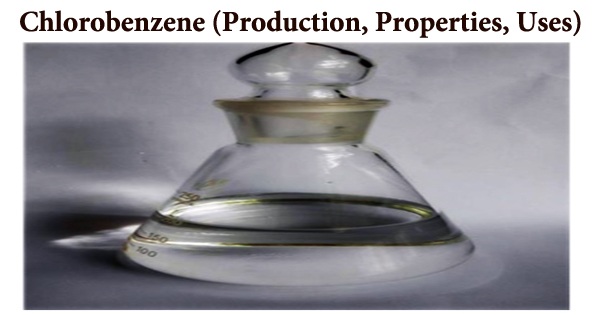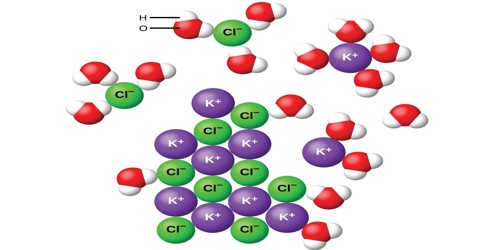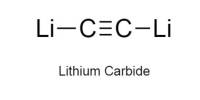Copper gluconate is the copper salt of D-gluconic acid. It is a chemical compound that combines copper with gluconic acid. It is an odorless light blue or blue-green crystal or powder which is easily soluble in water and insoluble in ethanol.
It is commonly used as a dietary supplement to provide copper, an essential trace mineral needed for various physiological functions. Copper plays a critical role in processes such as the formation of red blood cells, the absorption and utilization of iron, the maintenance of healthy blood vessels, the functioning of the nervous system, and the synthesis of collagen.
Benefits
- Supports Cardiovascular Health: Copper helps maintain the integrity of blood vessels and supports heart function.
- Promotes Immune Function: Copper is involved in immune cell activity and may help the body fight infections.
- Enhances Brain Function: Copper plays a role in neurotransmitter function and may support cognitive health.
- Antioxidant Support: Copper’s role in the enzyme superoxide dismutase helps reduce oxidative damage in the body.
Uses
- Dietary supplement to treat copper deficiency.
- Ingredient of Retsyn, which was an ingredient of Certs breath mints.
- Fertilizer deficiency corrector to treat lacks of this nutrient.
Side effects
The U.S. Institute of Medicine (IOM) sets tolerable upper intake levels (ULs) for vitamins and minerals when evidence is sufficient. In the case of copper the adult UL is set at 10 mg/day.
Copper gluconate is sold as a dietary supplement to provide copper. The typical dose is 2.0 mg copper per day. This is one-fifth what the IOM considers a safe upper limit. Long-term intake at amounts higher than the UL may cause liver damage.
- Copper Toxicity: Taking too much copper, especially from supplements, can lead to copper toxicity, which can cause symptoms like nausea, vomiting, abdominal pain, liver damage, and neurological symptoms.
- Interactions with Other Minerals: High levels of zinc or iron can interfere with copper absorption, so it’s important to balance mineral intake.
- Gastrointestinal Issues: Some people may experience mild stomach upset, nausea, or diarrhea when taking copper gluconate.
Copper gluconate is an effective supplement for addressing copper deficiency and supporting a variety of physiological functions. However, as with any supplement, it’s important to follow recommended dosages and consult a healthcare professional, especially if you have pre-existing health conditions or are taking other medications.
